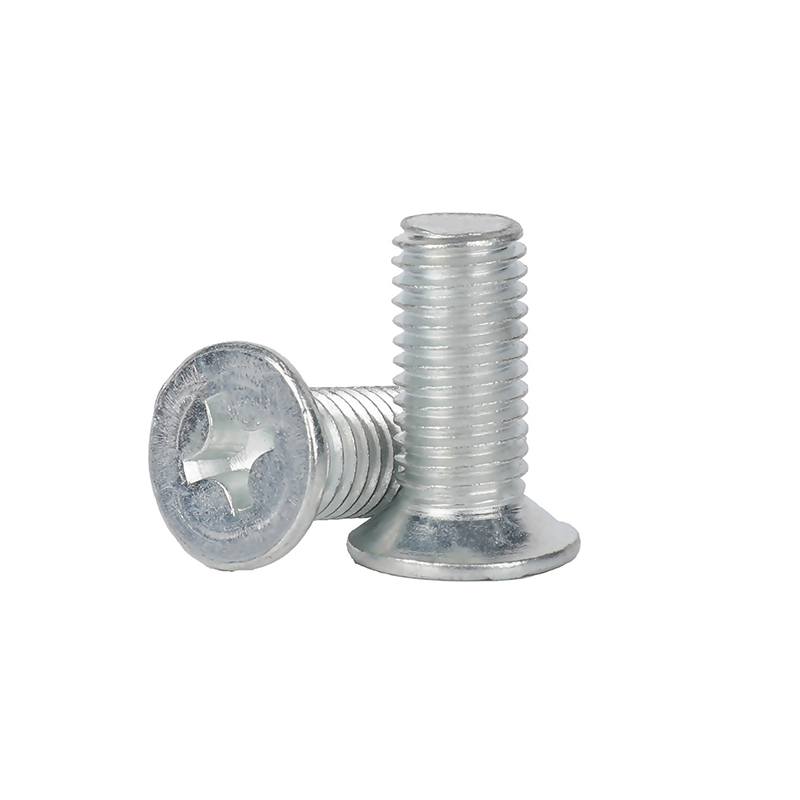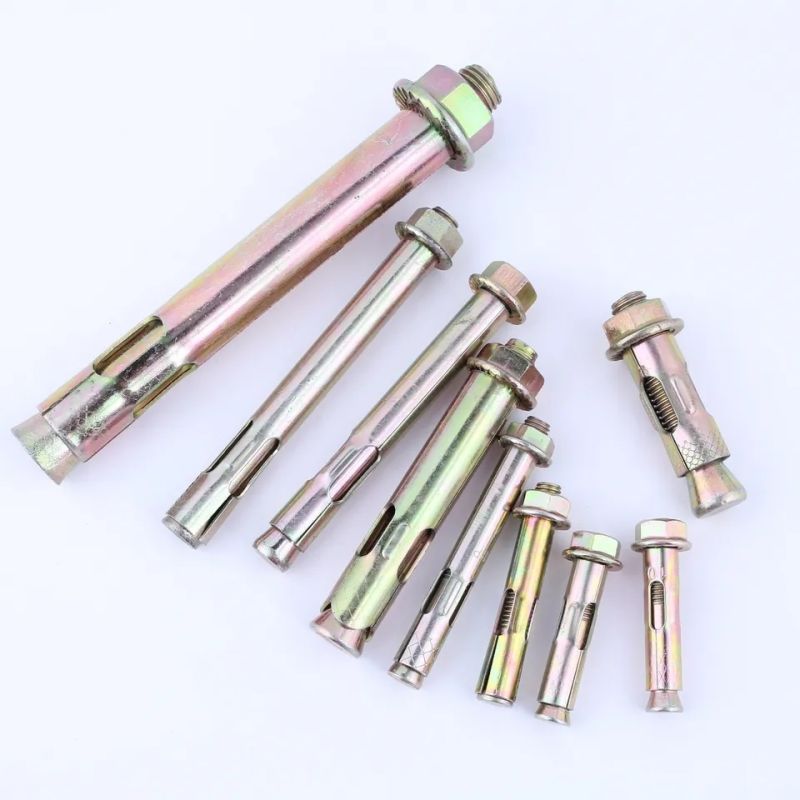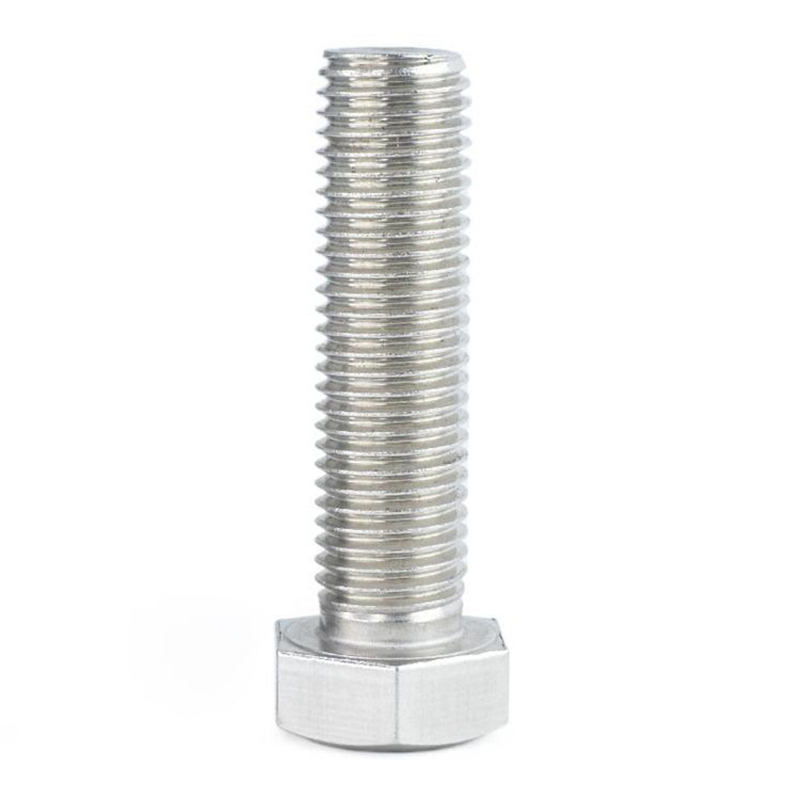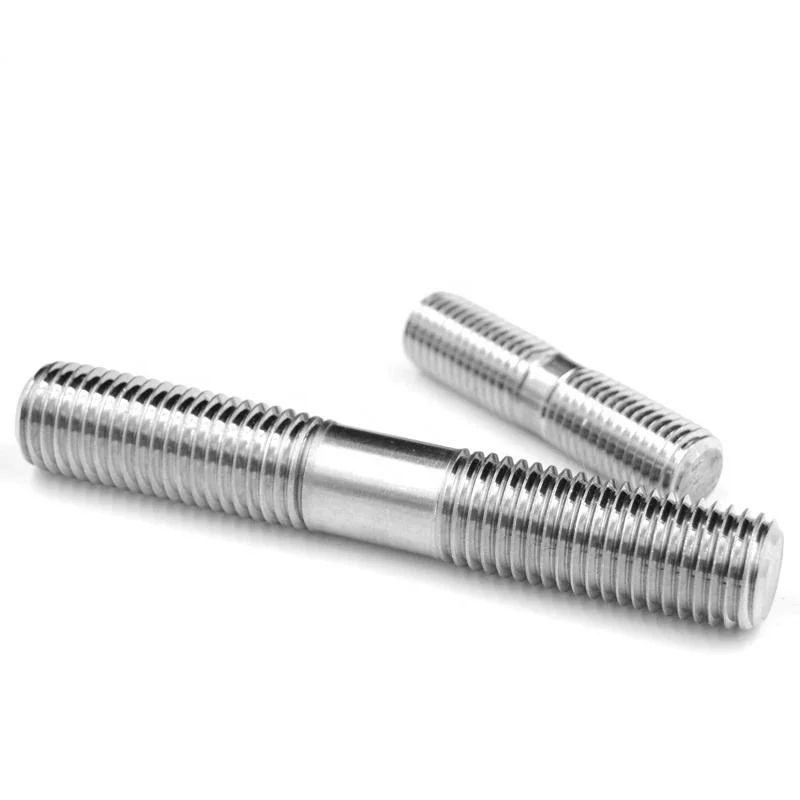Machine screws are essential components in modern manufacturing, playing a crucial role in the assembly and fastening of various products across industries. These small but mighty fasteners come in a wide range of sizes, materials, and head styles, making them adaptable to countless applications.
One of the key advantages of machine screws is their precision threading. Unlike wood screws or self-tapping screws, machine screws are designed to be used with a pre-tapped hole or a nut, ensuring a secure and precise fit. This precision is critical in applications where tight tolerances and strong connections are required, such as in the automotive, aerospace, and electronics industries.
Machine screws are available in various materials, including steel, stainless steel, brass, and titanium, among others. The choice of material depends on the specific requirements of the application, such as strength, corrosion resistance, and conductivity. For example, stainless steel machine screws are commonly used in environments where corrosion resistance is essential, while brass machine screws are often chosen for their aesthetic appeal and electrical conductivity.

Another important aspect of machine screws is the variety of head styles available. Some common head styles include flat, round, pan, oval, and socket cap. Each head style serves a specific purpose and can be chosen based on the design requirements, accessibility, and appearance of the final product. For instance, socket cap machine screws are often used in applications where a low-profile, flush fit is desired, while pan head machine screws are commonly found in general-purpose applications.
The versatility of machine screws extends to their drive types as well. Slotted, Phillips, hex, and Torx drives are among the most common, each offering unique advantages in terms of torque transmission, resistance to cam-out, and ease of use. The choice of drive type often depends on the assembly process, the required torque, and the tools available.
Machine screws are a vital component in modern manufacturing, offering precision, strength, and versatility across a wide range of applications. By understanding the various sizes, materials, head styles, and drive types available, engineers and manufacturers can select the ideal machine screw for their specific needs, ensuring the quality and reliability of their products.







